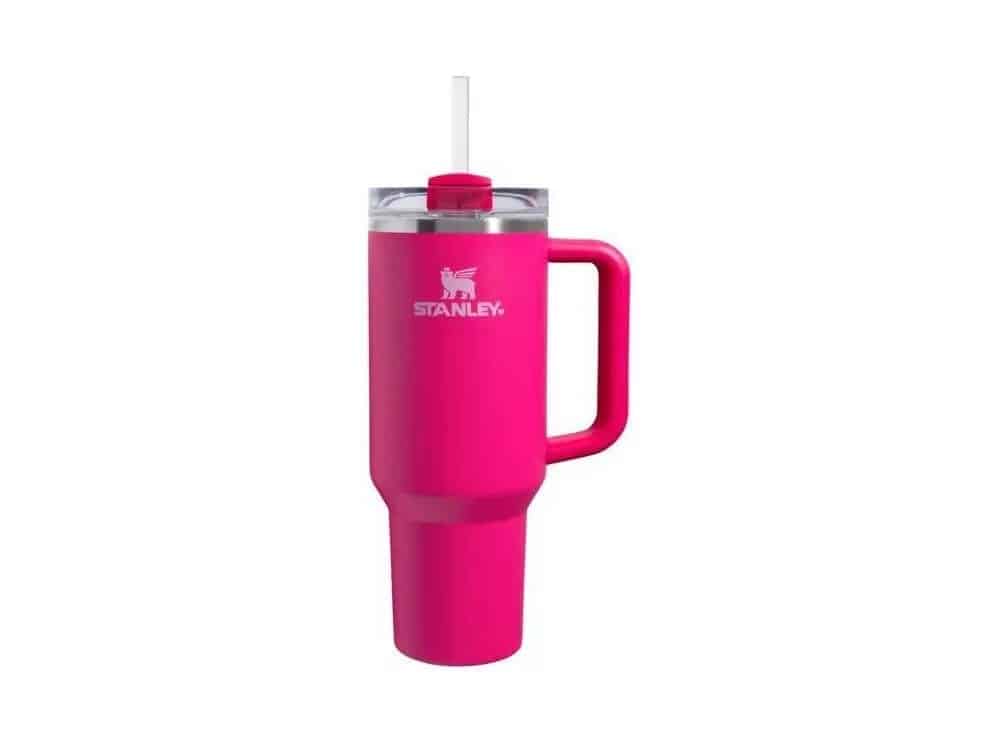If you are one of the millions of consumers who bought a Stanley cup in the past few years, you may be surprised to learn that your tumbler contains lead, a toxic substance that can cause serious health problems.
That’s what a class action lawsuit filed in California claims, accusing the maker of Stanley cups, Pacific Market International (PMI), of deceiving customers by failing to disclose the presence of lead in its products.
Lead exposure is a serious health risk
Lead is a heavy metal that can cause irreversible damage to the nervous system, especially in children and pregnant women. Exposure to lead can result in developmental delays, learning disabilities, behavioral problems, anemia, kidney damage, and even death.
According to the World Health Organization, there is no safe level of lead exposure for humans.
Lead can enter the body through ingestion, inhalation, or skin contact. Even small amounts of lead can accumulate in the body over time and cause chronic poisoning.
The symptoms of lead poisoning may not be noticeable at first, but they can worsen over time and become irreversible.
Manufacturer admits Stanley cups contain lead
Stanley cups are popular reusable tumblers that come in various sizes, colors, and designs. They are marketed as durable, leak-proof, and insulated, keeping drinks hot or cold for hours. They are also advertised as BPA-free and made of stainless steel.
However, according to the lawsuit, PMI failed to inform consumers that its manufacturing process for Stanley cups involved using lead as a key ingredient in the vacuum seal that provides insulation. The vacuum seal is located inside the cup’s walls and is not visible to the user.
The class action alleges that if the cup is damaged or worn out, the vacuum seal can break, exposing the user to lead.
The lawsuit claims that PMI knew about the lead issue for years but concealed it from the public to avoid losing sales. The lawsuit cites a statement posted on PMI’s website in January 2024, in which the company admitted that its products contain lead but downplayed the risk of exposure. The statement said:
“No lead is present on the surface of any Stanley product that comes into contact with the consumer nor the contents of the product. Lead is present only within an internal component of our vacuum insulation system which is completely sealed off from consumer contact.”
The class action lawsuit argues that this statement is misleading and insufficient, as it does not warn consumers about the potential for damage to the vacuum seal and does not disclose how much lead is present in each cup.
The lawsuit also points out that many similar products on the market do not use lead or pose any lead-related risks.
Stanley cup class action lawsuit claims
The plaintiffs are four women from California who bought Stanley cups between 2019 and 2024. They say they were unaware of the lead issue and would not have purchased the cups had they known. They also say they are concerned about their health and the health of their children who used the cups.
The plaintiffs are seeking to represent a class of all California consumers who bought Stanley cups since 2019. They are asking the court to order PMI to stop selling lead-contaminated cups and to disclose any lead or other toxins in its products in California. They are also seeking refunds for what they paid for the cups and punitive damages for PMI’s deliberate concealment of its use of lead.
The lawsuit was filed on February 1, 2024, in Los Angeles County Superior Court. The case number is 21STCV03245.
If you bought a Stanley cup and want to join a class action lawsuit or learn more about your rights, you can complete the form below.
Stanley Class Action Investigation



